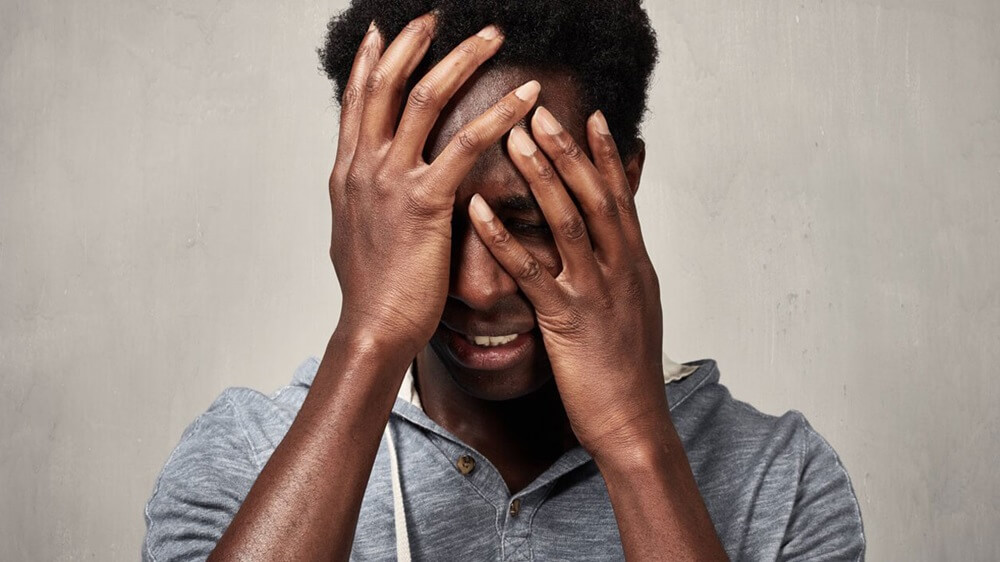A political aspirant, Mrs Lola Fadipe, has been battling with some mental health symptoms but could not go to the psychiatric clinic to seek care due to fear of being stigmatised.
Fadipe, also a retired senior civil servant, said on Tuesday in Lagos that she feared the stigma associated with mental health might result in her losing a prospective political appointment.
According to her, society presumes that anyone who goes to a psychiatric clinic has a mental illness; as a result, she declined going to the clinic because she didn’t want her political aspirations to be at stake.
“I do have some symptoms of mental health issues, though they occur occasionally.
“Due to my aspiration for a political appointment, I couldn’t go to a psychiatric hospital to seek care because, with the stigma associated with mental illness, anyone who sees me seeking mental health services may think that I am mentally ill.
Advertisement
“I have decided to live with the symptoms, as I don’t want to put my political ambition at risk,” she said.
Similarly, a businessman at Balogun Market, Lagos, Christopher Gabriel, narrated how his mental health condition was allowed to escalate into an aggressive state due to fear of stigma.
Gabriel said the right medications were not given to him early because his family, due to fear of being stigmatised, decided to take him to a prayer house instead of a psychiatric hospital.
“It was at the prayer house that the situation escalated to an aggressive one, before they finally moved me to a psychiatric hospital, as I was told.
“The mental health services I received from the psychiatric hospital have helped me to recover from the mental illness, and I am back to my business,” Gabriel said.
Advertisement
A consultant psychiatrist, Dr Taiwo Sheikh, lamented that fear of stigma was depriving people living with mental health disorders access to healthcare services.
He urged the Nigerian society to shun all active and passive acts of stigma and discrimination against people with mental health disorders.
Sheikh, also the Coordinator of the Suicide Prevention Advocacy Working Group, decried the effects of stigmatisation on mental health.
He said that stigma contributed immensely to the poor recognition, neglect and lack of attention given to mental health disorders in Nigeria.
He emphasised the need for society to see/perceive mental health illnesses like other treatable diseases, like malaria, ulcers or typhoid.
Sheikh added that stigmatising people with mental illness could actually drive them into more serious issues like suicide or death.
He noted further that stigma against mental illness could lead to feelings of shame and self-consciousness, stressing that stigma does more harm than good.
“We should stop stigmatising people who are struggling with mental health illness; this can actually drive them into more serious issues like suicide or death.
Advertisement
“We should look at them with empathy that these people are sick; it’s just a disease, and one does not choose to suffer from mental health illness.
“It is not as a result of enchantment from the village, as people presume most of the time.
“Mental illness is just like every other treatable disease that can be managed. Society should approach it in that manner and stop the stigma,” he said.
The psychiatrist, therefore, urged people suffering from mental illness to desist from self-perceived stigmatisation, such as negative attitudes and internalised shame about their own condition.
“Unfortunately, negative attitudes and beliefs toward people who have mental health conditions are common in Nigerian society.
“Don’t let stigma create self-doubt and shame; don’t isolate yourself or equate yourself with your illness.
“Always seek help and speak out against stigma. Also, pay more attention to the symptoms and effects of mental illness than you do to other aspects of yourself,” he advised.

